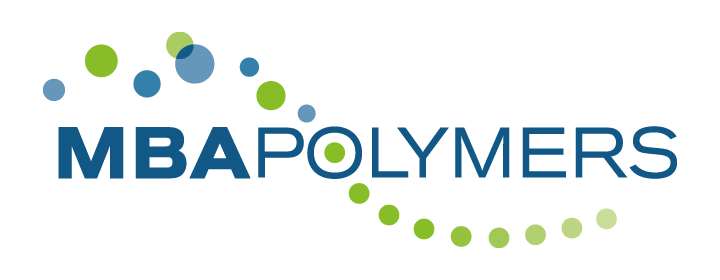Welcome to our Q2 newsletter
I am pleased to offer our MBA Polymers Newsletter for Q2 2016. In this last quarter, we have seen remarkable events likely to affect MBA Polymers, the plastics recycling industry and the global economy. In particular, the Brexit vote is changing the landscape as we speak and will continue to do so for the next two years.
However, MBA Polymers remains optimistic that the tipping point for the plastics recycling industry is close at hand. We continue to receive interest from major electronics and automotive companies, as well as end consumers. Most recently, we have become the first company to successfully manufacture and commercialise post-consumer PC/ABS pellets made from shredded waste electrical and electronic equipment (WEEE).
MBA Polymers benefits greatly from our dedicated team of workers and no-one is a better example than our Director of Engineering, Jim Zechinati. As Jim states so well in our latest team interview, “…we can leverage our technical advantages and global plant locations to serve our customers and expand the use of post-consumer recycled polymers throughout the world.”
One of Jim’s responsibilities is to monitor MBA’s safety reports. I am pleased to share that our most recent data shows a steady reduction in our Recordable Accident Rate.

Elsewhere in this edition, we explore how 40 major businesses and cities are set to re-think the future of plastic, revisit the pressing issue of ocean plastic waste, and share how India is using a plastic polymer-based glue to create cost-effective, durable roads.
Please also join us for our founder Mike Biddle’s upcoming talk at the Plasticity Forum in London in September. Mike also recently spoke at the Plasticity Forum in Shanghai. You can find all the events at which MBA is speaking here.
Finally, one of the challenges of the plastics recycling industry is EU legislation, which regularly defines new threshold values for more substances, and can have a negative impact on our ability to develop new recycled materials. This seems to run contrary to the European Commission’s circular economy ambitions. In response, Chris Slijkhuis, E-Waste Recycling and Public Affairs Director at Müller-Guttenbrunn Group, Keith Freegard, Director at Axion Polymers, and I are organising an industry effort to present the following proposals to the EC:
- Realistic thresholds for substances of concern and a continuous exchange of views between the legislator and the recycling industry if changes are planned.
- Regulators across member states should take a pragmatic and balanced approach to the allowable levels of residual trace legacy additives remaining inside recycled plastics during the transition to a circular material flow.
- Similarly, it is important to set realistic levels of allowable trace chemical additives in terms of the risks posed and potential detection by widely used laboratory instruments.
If you are interested in adding your support to this effort, please contact me.
Thank you for your support and interest in topics important to our company, and please don’t hesitate to approach me with any questions.
Respectfully yours,
Richard McCombs, CEO
rmccombs@mbapolymers.com

